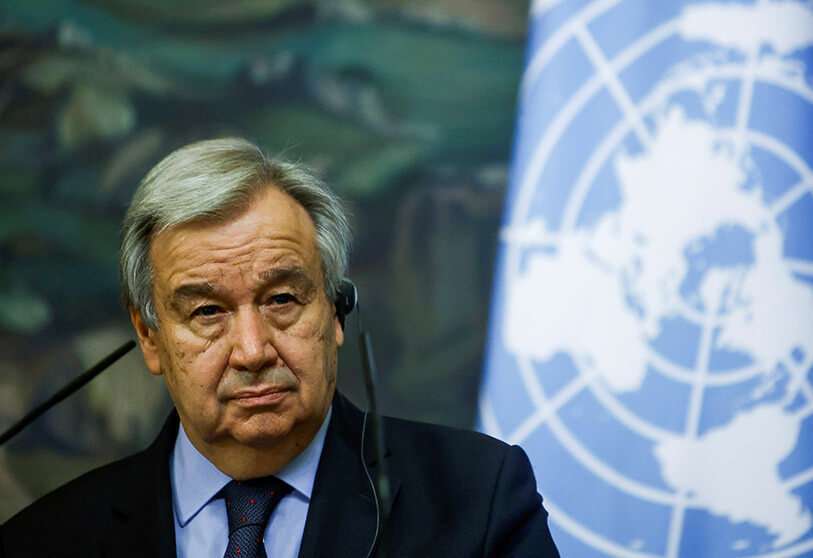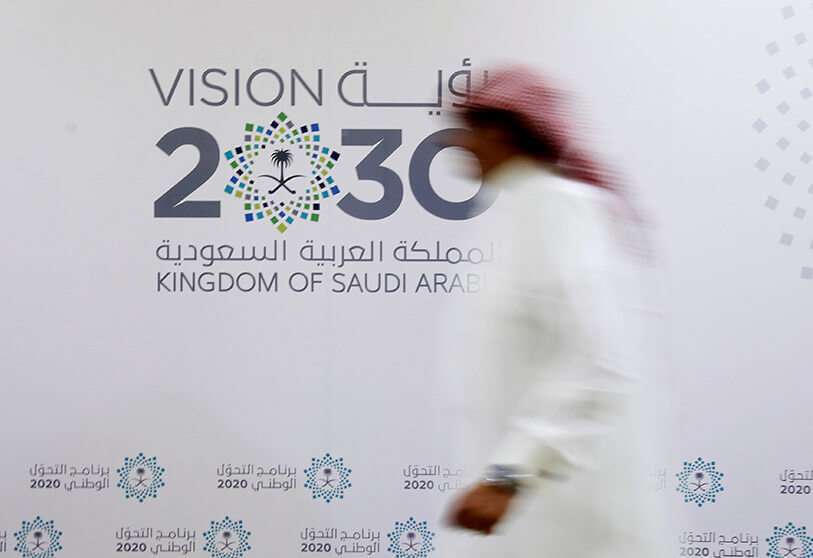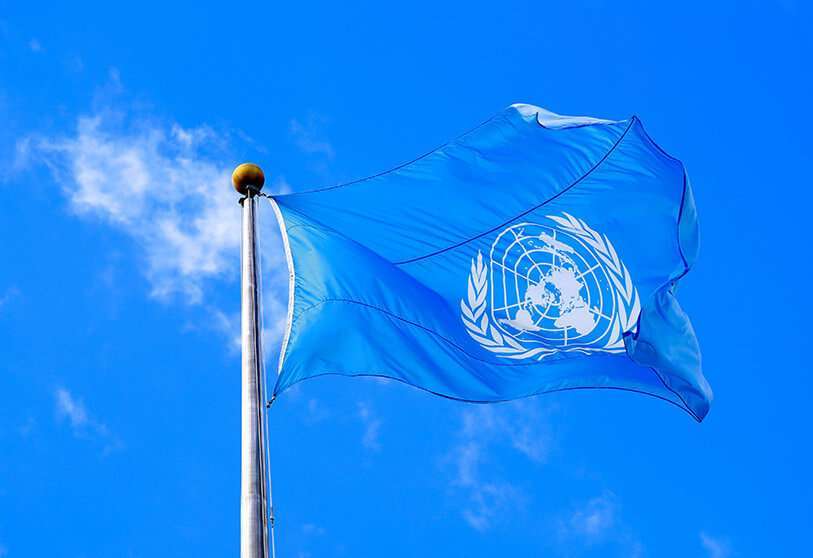United Nations creates global network to fight international corruption

The United Nations General Assembly has approved the creation of the GlobE Network, a platform that will foster international cooperation in the fight against cross-border corruption crimes. "We hope this network will empower all countries with practical solutions and tools to track, investigate and prosecute corruption, complementing existing frameworks," said UN Secretary-General António Guterres.
Guterres has also assured that this project, which will curb corruption crimes, will be essential to achieve the Sustainable Development Goals of the 2030 Agenda. It will also boost the promotion of peace and the protection of human rights.
International partnership will be central to the GlobE Network, as countries will be able to securely exchange information on intelligence and anti-corruption cases. "This network will trigger an important provision of the UN Convention against Corruption (UNCAC): the enhancement of direct cooperation between law enforcement authorities," explained Ghada Waly, executive director of the UN office.

The GlobE Network was presented at a special session of the body in Vienna, attended by more than 340 representatives of member states, anti-corruption figures and law enforcement authorities. During the event, participants also discussed ways to stop bribery, money laundering and abuse of power, as well as the negative effect these crimes can have on the coronavirus pandemic. Corruption can increase poverty and inequality, especially as the global economy faces the consequences of the health crisis.
Although the aim of this mechanism is to fight corruption internationally, the UN is aware of the limitations of some countries, which will not be able to develop this project in the same way as others. "Many countries are still unable to access anti-corruption networks, either because of decentralised processes or lack of capacity and resources," said Mazen bin Ibrahim al-Kahmous, chairman of the Anti-Corruption and Control Authority. For this reason, the Globe Network will also address this aspect in order to achieve real international cooperation.

Al-Kahmous recalled during the session the importance of the Riyadh Initiative, the plan where GlobE Network was born and which is "aimed at addressing this gap" between countries. Saudi Arabia provided the initial funding for this platform during its presidency of the G20 and as chair of the Anti-Corruption Working Group. Guterres praised Riyadh's role in the project and thanked it for the funding. Al-Kahmous congratulated the members of the General Assembly on the adoption of this new measure. He also recalled that GlobE Network is part of the Saudi Vision 2030, a project that seeks to reduce the Kingdom's dependence on oil, as well as to develop other sectors such as tourism and the economy.
The chairman of the Control and Anti-Corruption Authority called on the international community to actively participate in this platform, in addition to providing the necessary support for its success. Al-Kahmous, like Guterres, underlined the importance of the GlobE Network in ensuring that our societies "enjoy sustainable development in environments characterised by integrity and transparency".

In recent years, Saudi Arabia has played a very active role in the UN. Thanks to the Kingdom's $10 million contribution, the UN succeeded in establishing the Counter-Terrorism Centre. Riyadh also submitted its climate action plan to the United Nations Framework Convention on Climate Change (UNFCCC) in 2015. However, the UN has also demanded that they use their economic plans to advance women's rights, an area in which Riyadh has yet to improve.








